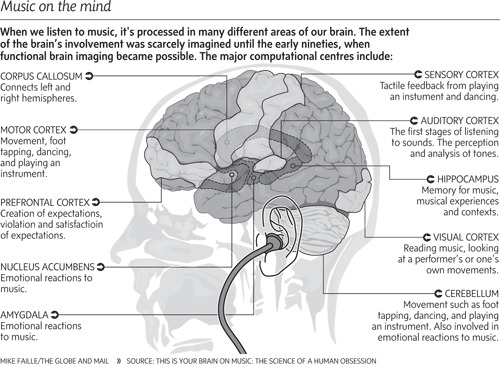Academic Leadership in itself is an interesting concept for me. Never in the states was there a class you could take, even as an elective, that taught you the skills I’ve learned by being here for just a couple weeks. Some of the things I look forward to during the time period we have in class have a wide range. From taking about serious issues such as government and war to laughing and sharing ideas with one another, Academic Leadership has been a beneficial experience so far.
The ideas I have for the major academic project this year are still extensive. One idea I had was somewhat nurtured from Ms. Barker’s history class, the connection between history and the Olympics. I thought that would be an amazing subject to study, since I have a strong love for both the Olympic Games and history. Yet, some people started to think of that as their project as well. I want my project to be thought up on my own, and to be new, undertaken and original. So I started to think of things I am enticed in. I immediately thought of music. I remember reading an article about how music affects the brain, and how you learn and think better while listening to it. I also have a couple vague brainstorms somehow involving sports and studying.
In this world, some people don’t acquire the love of learning anymore. Many students are not only going to school and not caring about studying anymore, because in some societies, failing class is “cool” if you get good grades, you are considered “nerdy”. Thankfully that doesn’t stop most students from earning their diploma and continuing their education. On the other hand, people can abuse their academic knowledge in many ways. They can use intelligence to advertise and trick people into buying their products, and make money on others’ lack of knowledge. In the health care industry, there may be a desire to retain market share for a product, creating incentives to exaggerate its efficiency and safety. These things are just some ways academicians abuse their scholarship for their own sake. If somebody used my own work to employ others I would feel not only violated, I would feel ashamed and discouraged. If you spend time and effort on a project and gain knowledge on a new breakthrough discovery, only then to have your work transformed into something in fact the opposite by an arrogant other, I could only imagine how Diamond feels. He says at one point in the article, "I was especially interested in his (Romney) remark because he misrepresented my views and, in contrasting them with another scholar’s arguments, oversimplified the issue." I think Diamond had every right to say what he feels, because Romeny did in fact manipulte his words.
In a sense, we do have leaders that are academically sophisticated and intelligent in this world. I would argue that Barack Obama is one of them. Yet, there is still crisis in America, and no matter which leaders we have, even if they possess all outstanding qualities. Some ways they do help is creating new laws, such as the law against piracy in order to stop people who take advantage of others. Yet those laws also have negative consequences, as the article states (Anti-piracy) below. In Gardener's essay, he states that "Leadership is a word that has risen up above normal workaday usage as a conveyor of meaning." I think what he means by that is being a leader is not to be taken lightly, and the word "leader" should only be applied to the very elite.
Democracy is made of many different components, such as the involvement of active citizens, the protection of all human rights, a political system for choosing and replacing government through the vote of the people, the laws apply to all people, etc. Our leaders are often the people we look up to as role models, as in the activity we did the other day. Most of us would like to be like our leaders in one way or another. I think some ways to become a stronger democracy would be health care programs, rule of law, and civil societies.
Overall, I think I will really enjoy taking Academic Leadership this year. As I stated before, not many students in the world have a class dedicated to learning new academic skills, becoming a leader for yourself and others, and many more. I look forward to sharing my thoughts and ideas with the rest of my class for the rest of the year.
Democracy:
http://www.stanford.edu/~ldiamond/iraq/WhaIsDemocracy012004.htm
Anti-piracy:
http://www.techdirt.com/articles/20120215/04241517766/how-much-is-enough-weve-passed-15-anti-piracy-laws-last-30-years.shtml
Musical activities affecting the brain:

Word count: 704